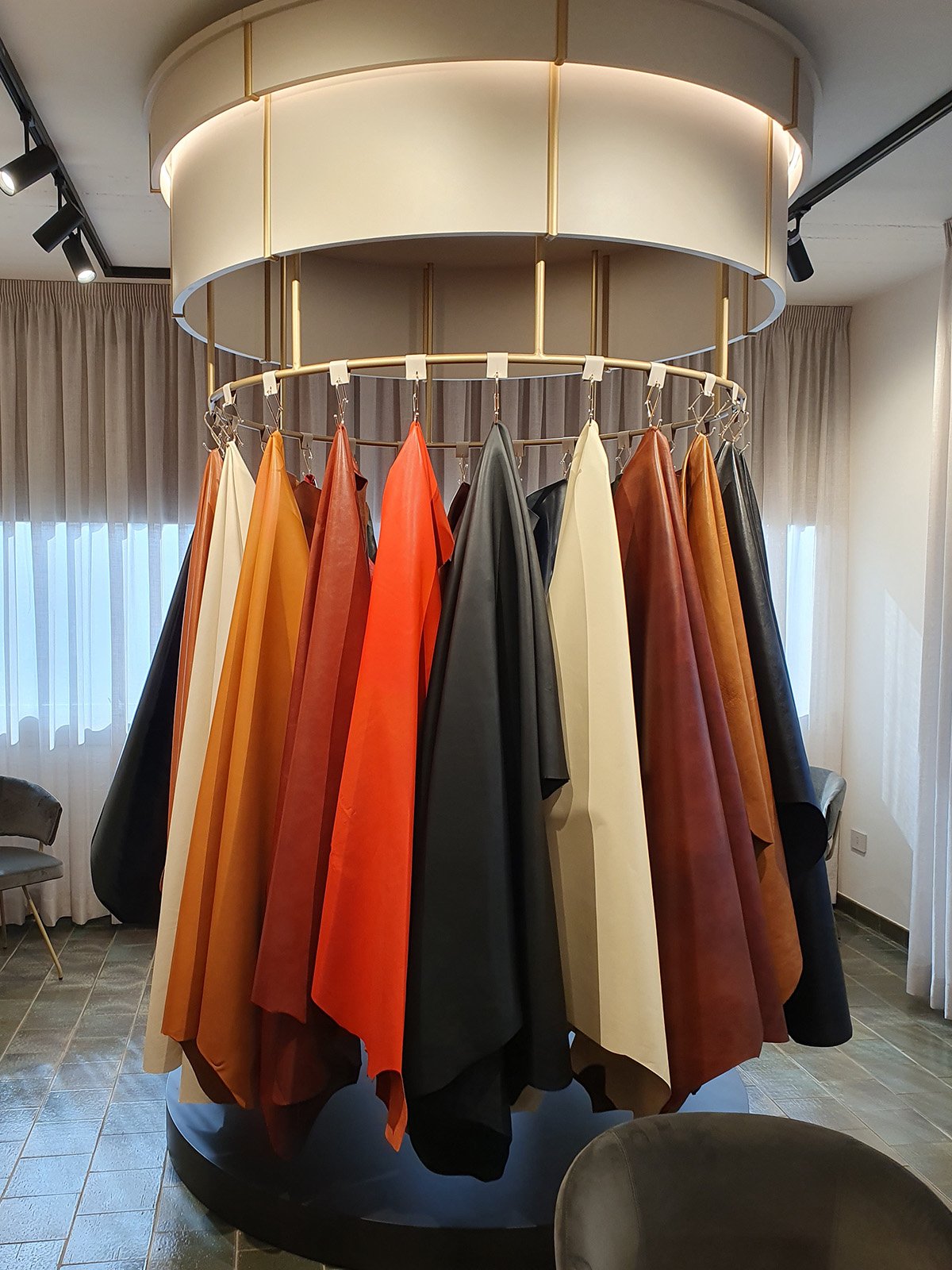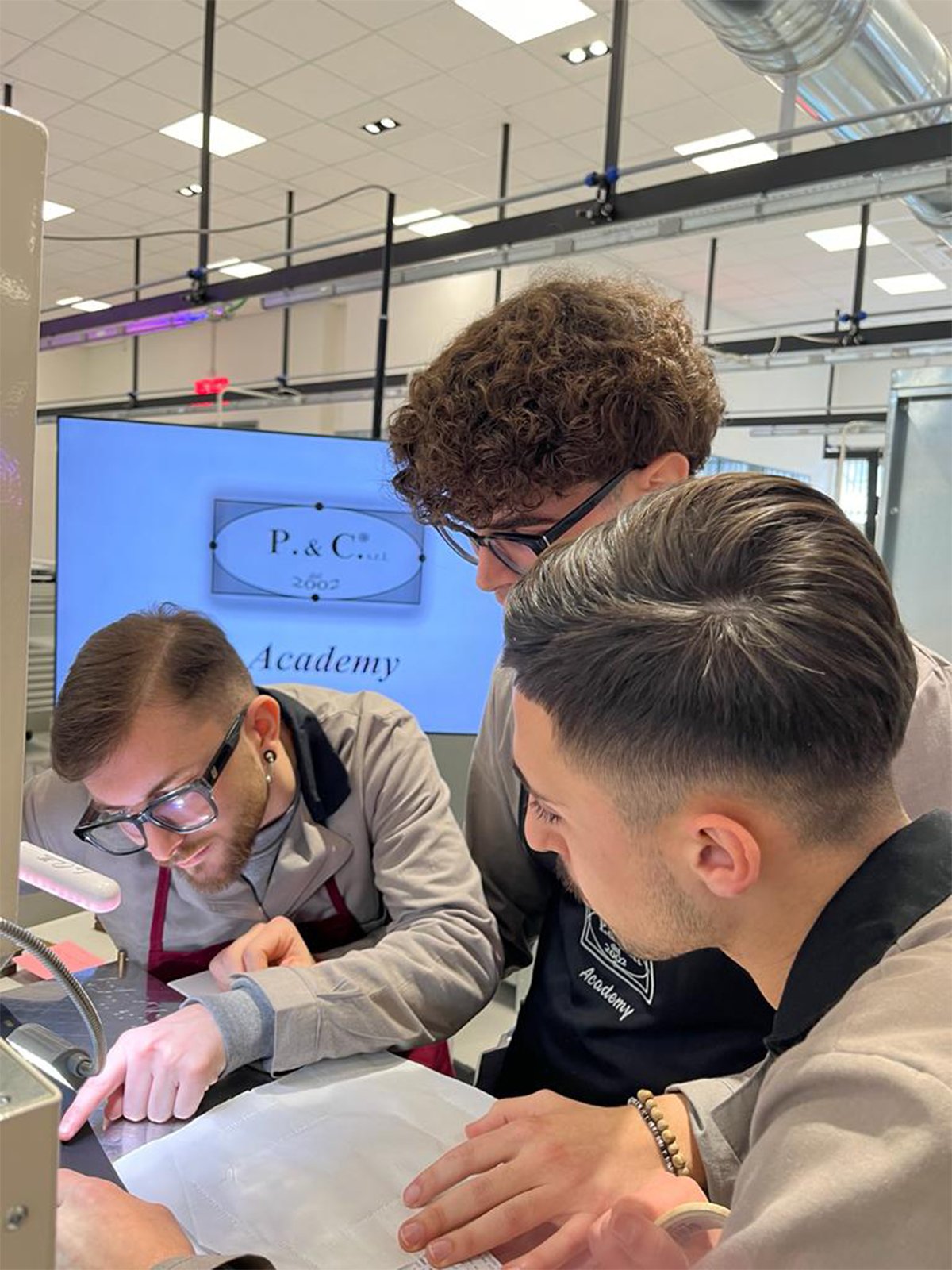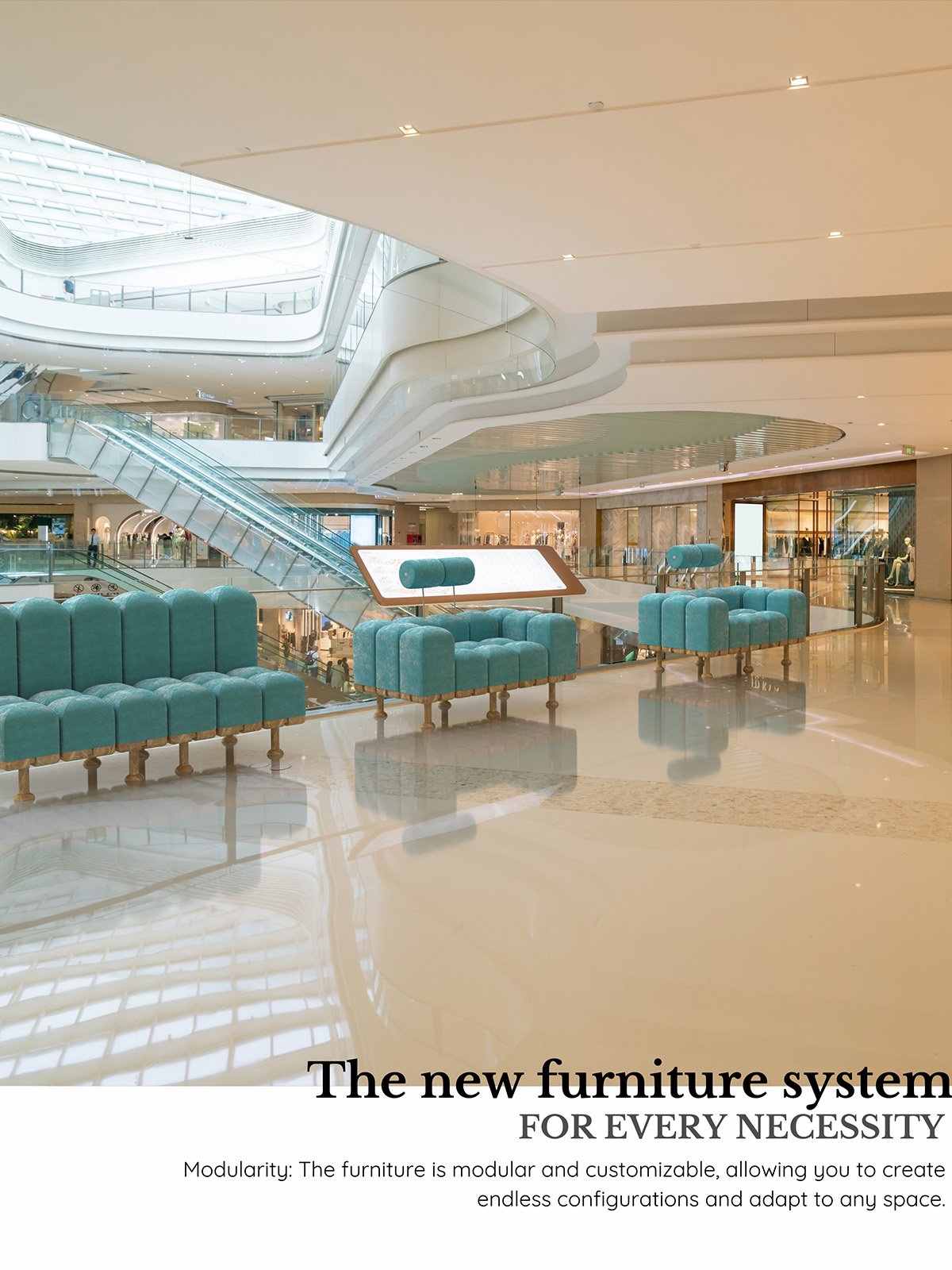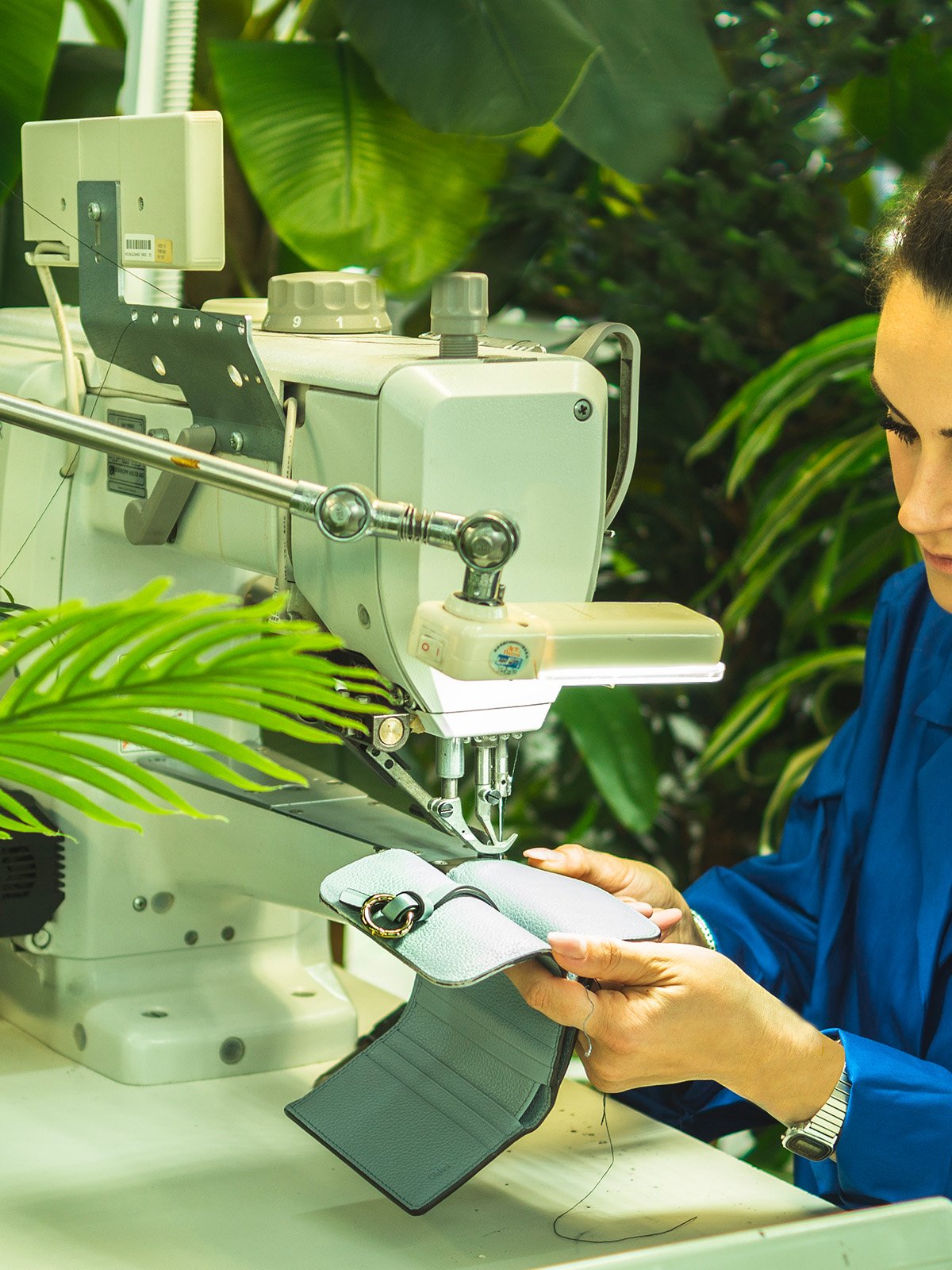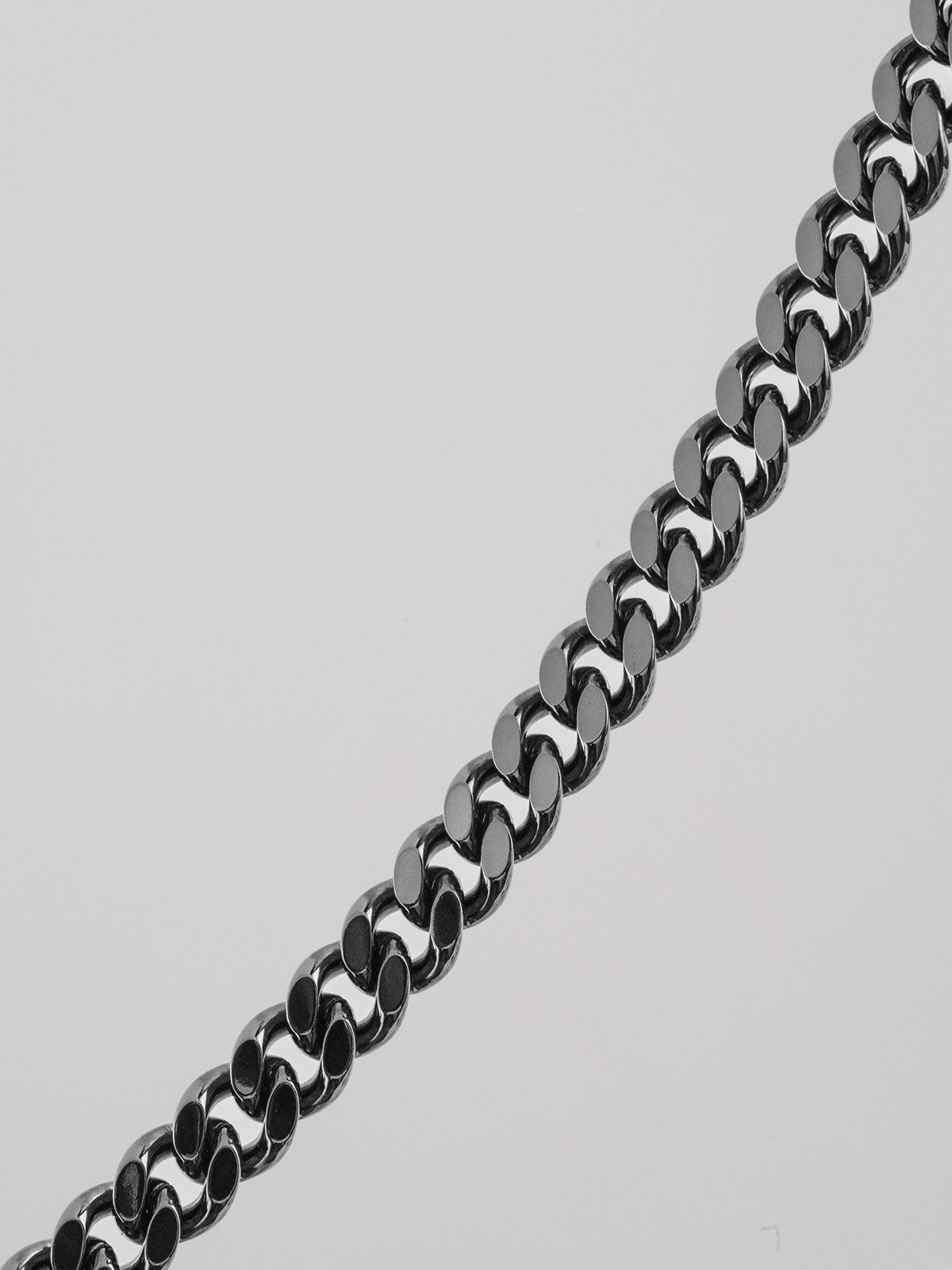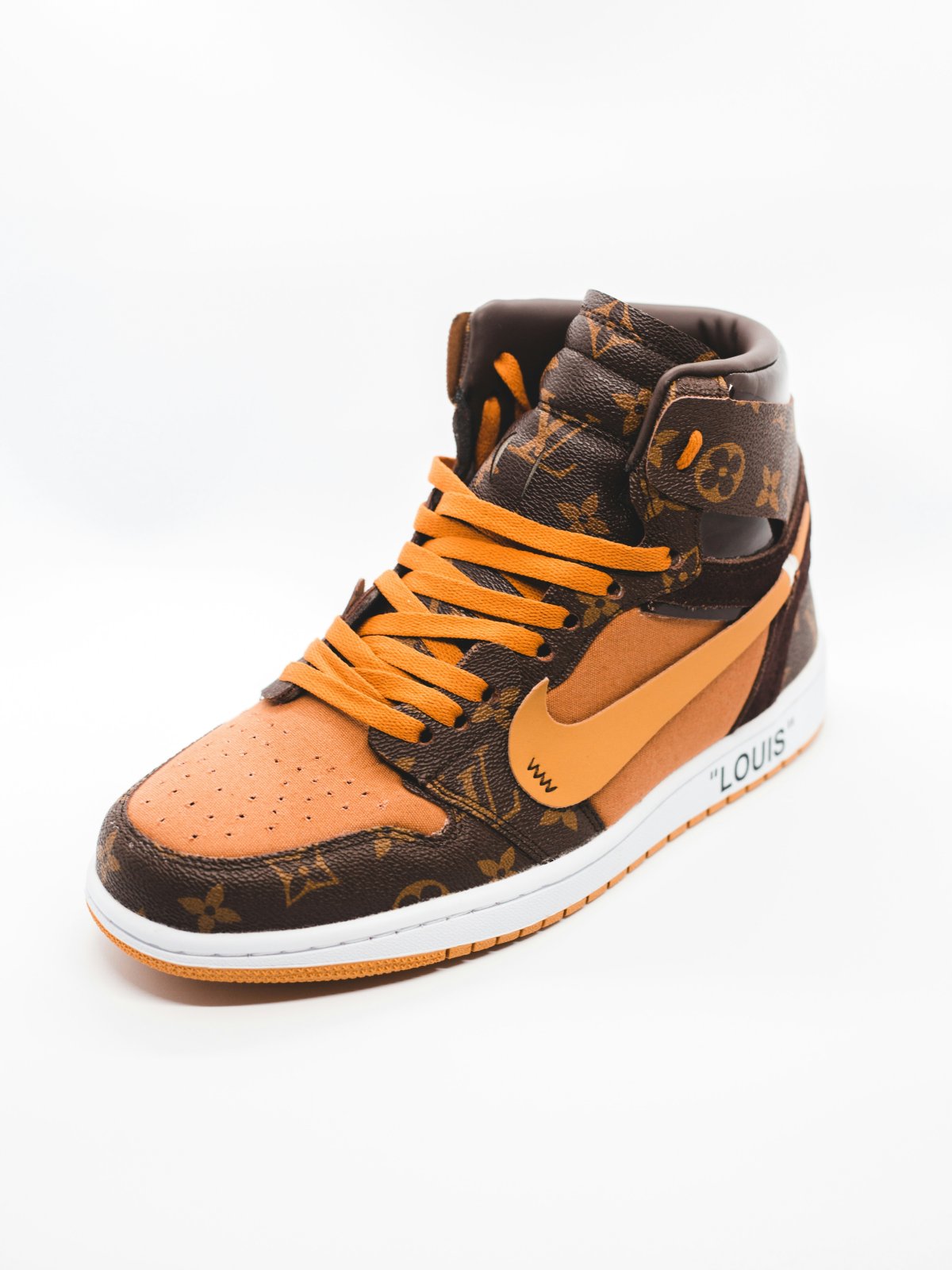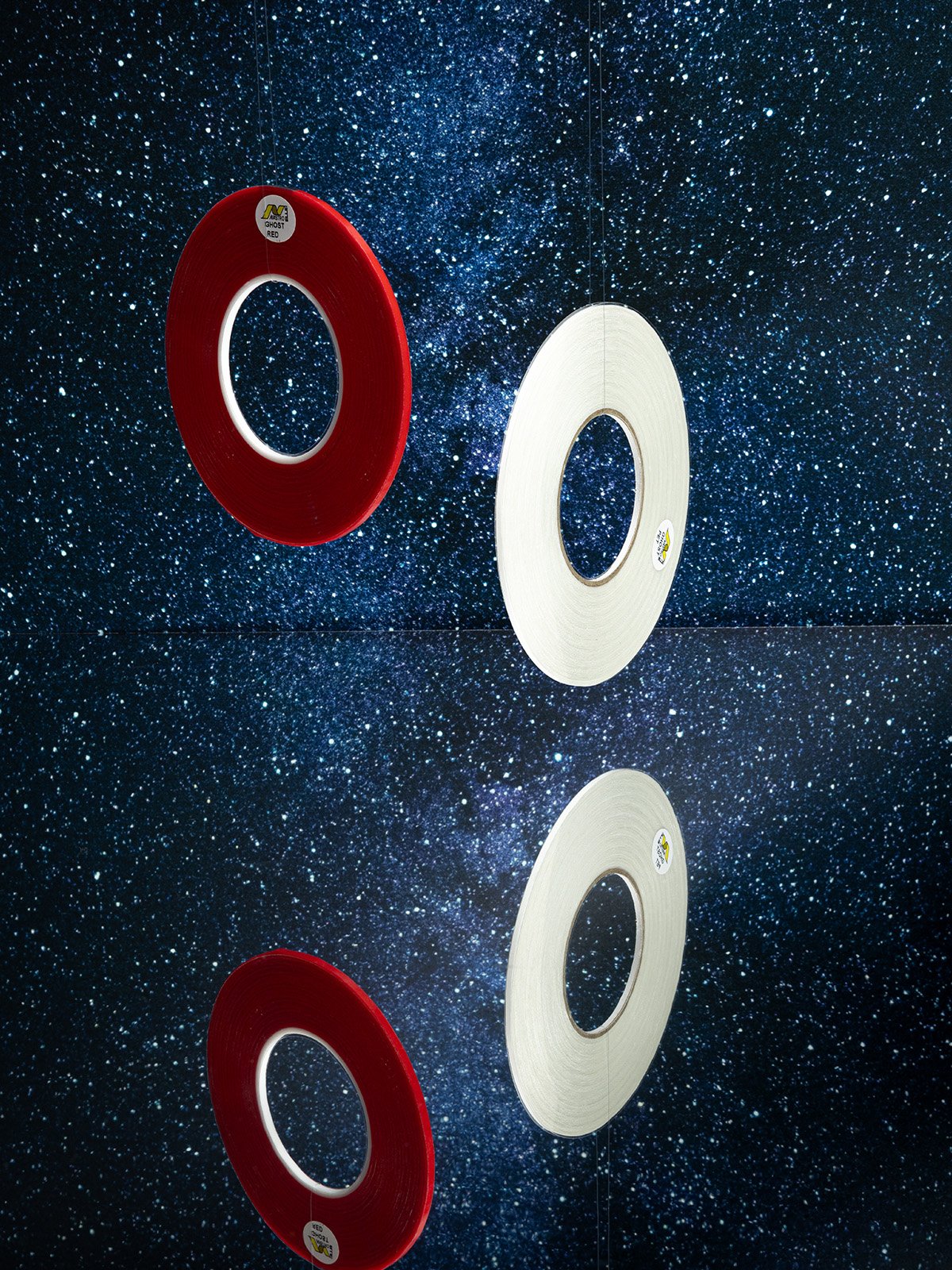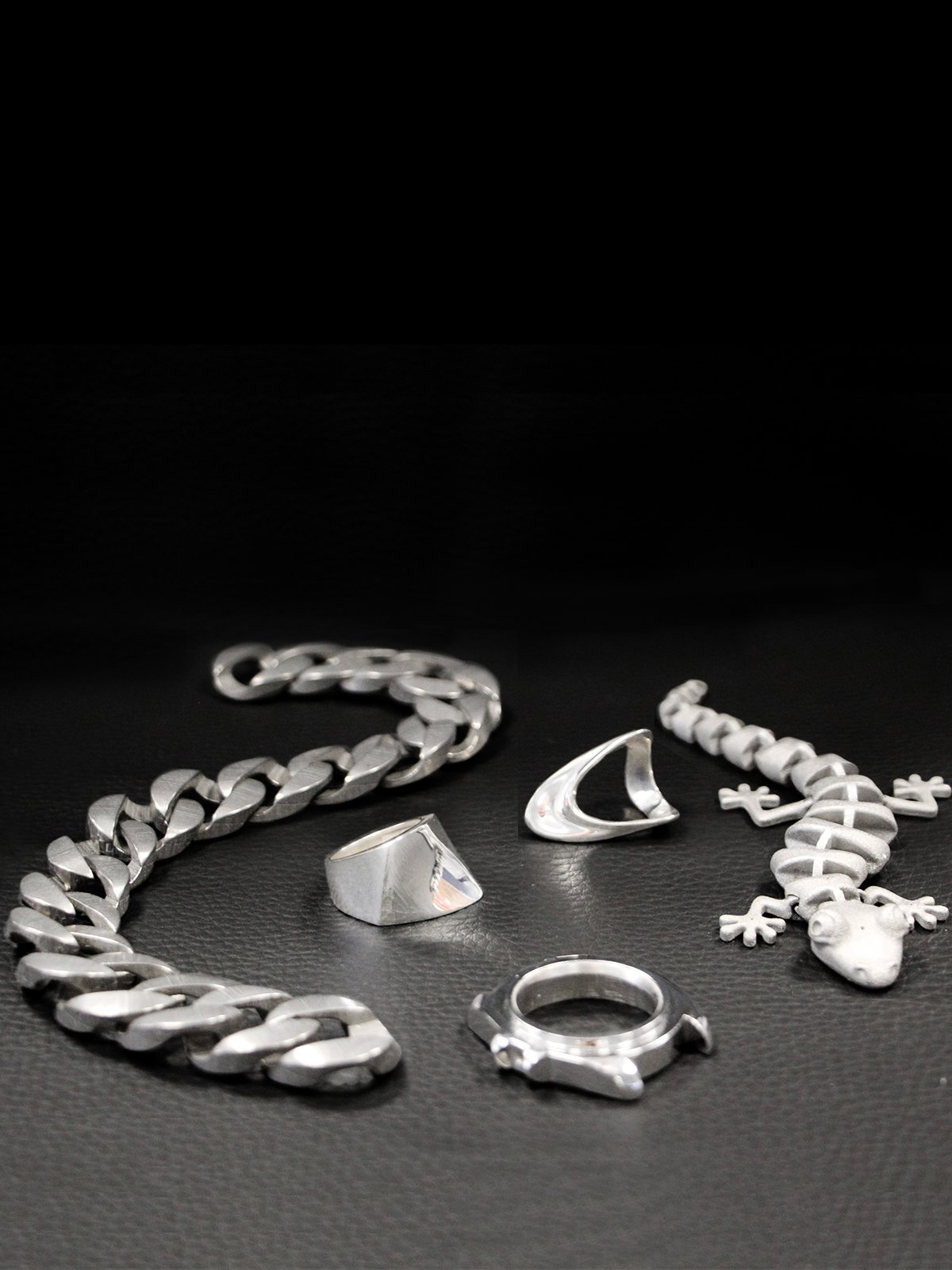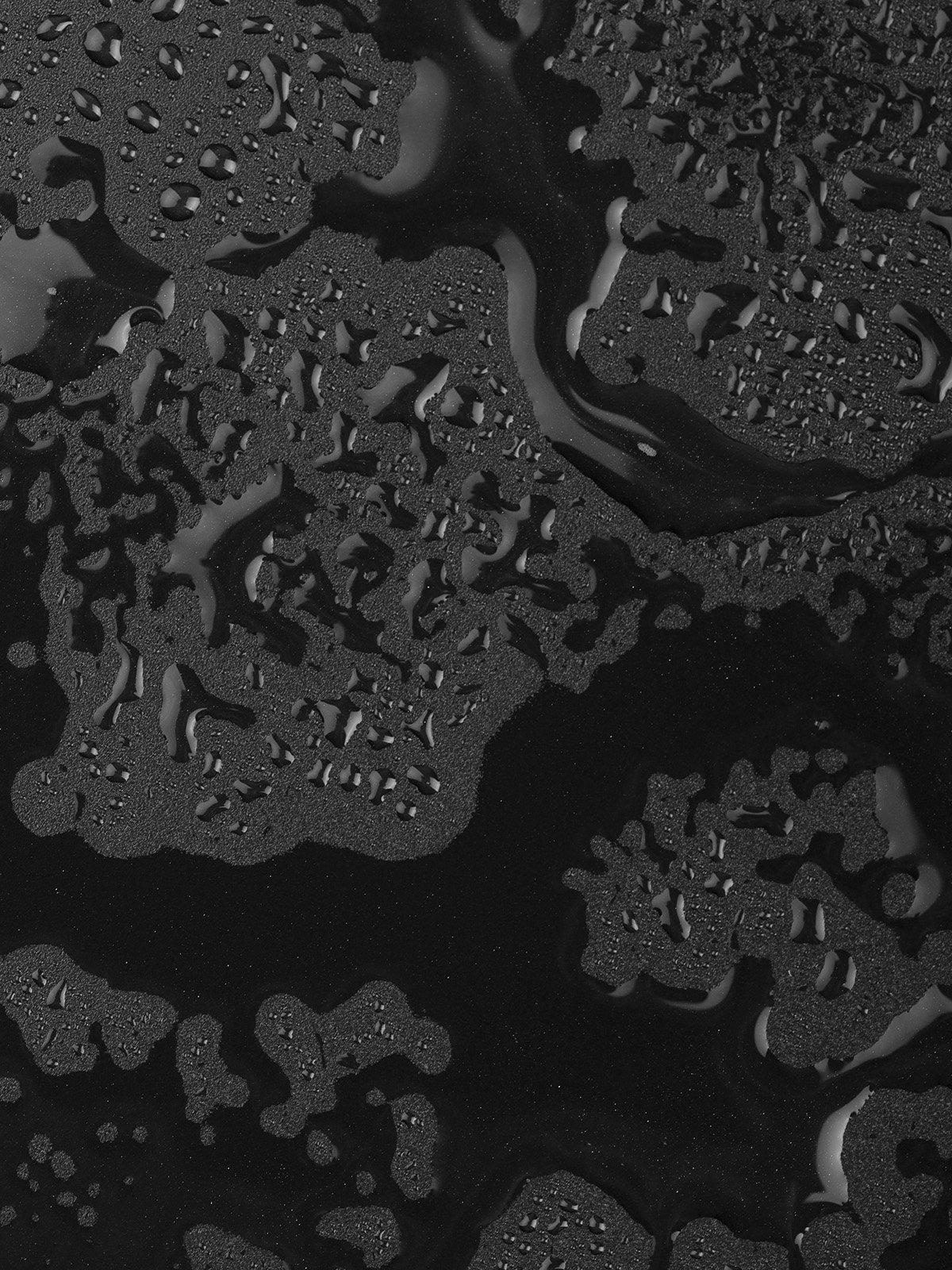News
Minister Urso at Preciuos Fashion: "A landmark event for the industry"
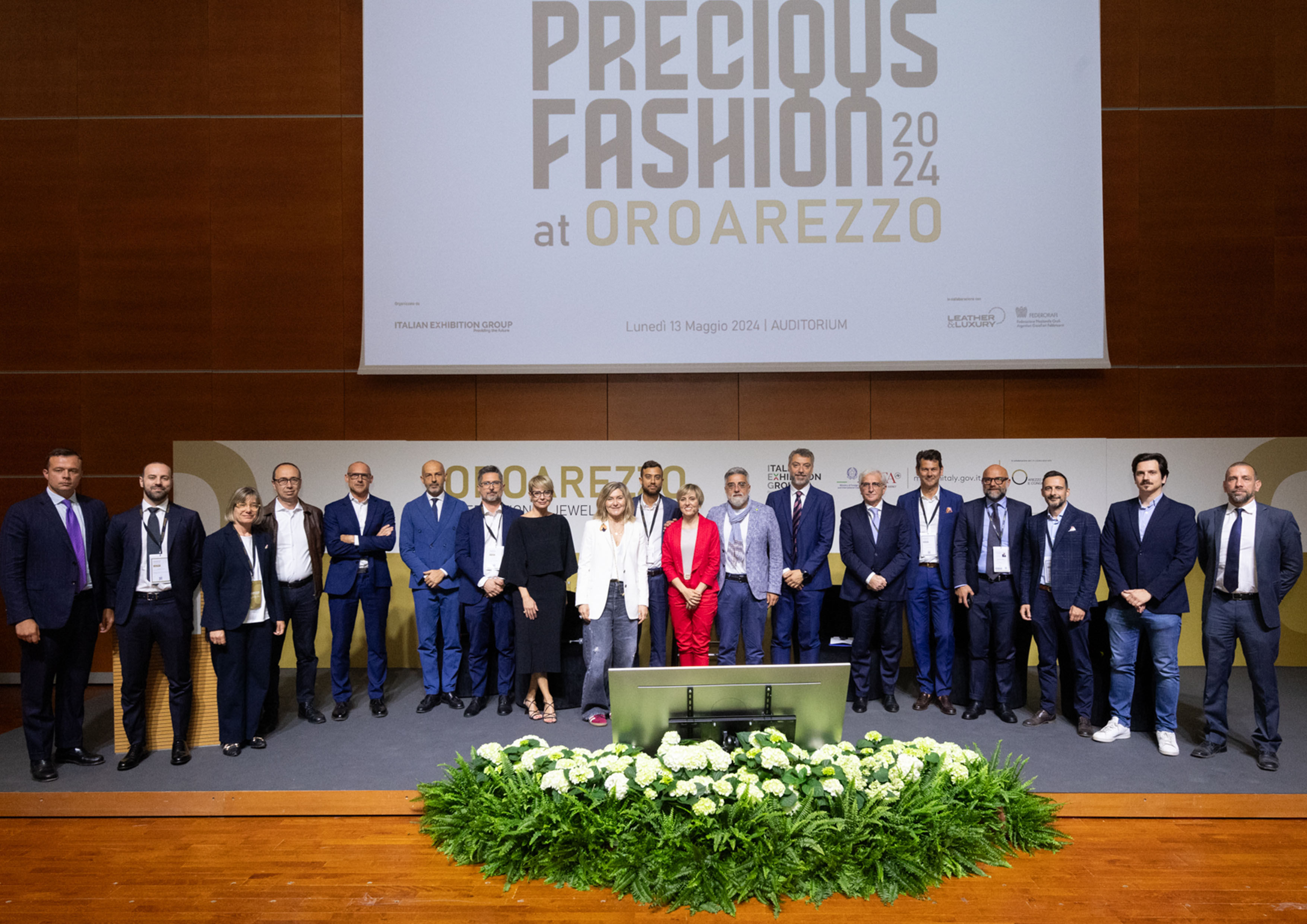
Nearly 70% of fashion accessory companies believe that in ten years the industry will be different. Of these, 37 percent think it will be "completely so" and 54 percent that the market will settle on smaller, more sustainable quantities. These are the highlights of the survey conducted by Leather&Luxury and presented at the opening of "Precious Fashion," the event dedicated to fashion accessories organized by and as part of Oroarezzo in synergy with the magazine itself and Confindustria Federorafi.
A moment of confrontation between the jewelry and luxury accessory industries, which have much in common, from the use of increasingly sustainable technologies to the sharing of fundamental values of Made in Italy, but different strategies for now. In fact, jewelry travels at double-digit growth rates; the accessory suffers from the trend of a market, that of the fashion industry, in which even the high temperatures in October affect consumption and companies' budgets.
The event, moderated by journalist Lisa Ciardi, addressed four focus topics for the industry: innovation, current market and trends, made in Italy and responsibility. Speeches by Matteo Farsura, global exhibition manager of IEG's gold fairs, and Matteo Rovelli marketing manager of "Leather & Luxury," who presented the first survey conducted on the fashion accessory, opened what Minister of Business and Made in Italy Adolfo Urso called in a message "a landmark event for the high-end accessories sector."
Hot topic, that of innovation. "After a remarkable growth," said Gianluigi Barettoni, Afemo president, "now the sector is experiencing a moment of crisis, but technology has a central role, because it allows companies to propose new solutions or materials to brands. Attitude confirmed by Massimo Poliero, CEO of Legor Group: "In Italy we invest an average of 1.4 percent of revenues in research and development compared to a European average of 2.7 percent. Aggregating to have critical mass is the only way to exploit our know-how." Focus then on artificial intelligence "useful for speeding up the development of new products," as Remira's Matteo Sgatti reminded, while Bluclad manager Lorenzo Cavaciocchi recalled that "techniques are evolving toward sustainability and zero waste."
The current market sees more careful buyers and more judicious spending according to Beppe Angiolini, Ceo of Sugar and honorary president of the Chamber of Fashion buyers. The industry, said Alessandro Pacenti, president of Physis Consortium Benefit Society, "upstream and downstream has very demanding stakeholders, while the accessory remains a niche production." And then aggregations, mentioned Carlo Goggioli of Azimut, which "increase profitability and allow the development of production and global markets." The scenario for exports, as outlined by Sara Giusti of Intesa Sanpaolo's Research and Studies Directorate, centers on "digital and green transition, drivers tested by the ECB rate cut." The people training aspect completes the picture, as Marina Grisolia of GI Group mentioned.
Made in Italy. The knots, in this area, were highlighted in the summary by Francesco Colli, Ceo of Ingfor: they are high technology, Pnrr fund deadlines, "transition 5.0," and the competitive opportunities that the sustainability report can create. Meanwhile, Iren Ambiente Toscana CEO Alfredo Rosini explained how he is contributing to the collection of WEEE, which is also useful to the gold and jewelry industry, with a new plant under construction in the Arezzo area. Fabio Coradin of MTWH and Stefano Macinai of Mam brought examples of the benefits of scale that a structured group creates and the specificities that "accessory makers" offer to brands that in small territories invest in technologies and materials. David Diracca, of Giovanni Lanfranchi Spa, mentioned how the relationship between school and business can make a difference to competitiveness.
Sustainability, due diligence and the directive against green washing are three aspects on which Europe calls for rigor and seriousness. "There is a lack of common metrics, however, to really measure competition," said Cristina Squarcialupi, president of Chimet S.p.A and national vice president of Federorafi. The metrics, in fact, do not scare companies if the certifications are "science based," said Paolo Tempesti, of Leaf Foundation. "What we need to do, rather than underestimate the ability to apply and enforce very strict environmental protection standards, is to communicate our culture and values as best we can. Continue to set an example, especially for the new generations," concluded Carlo Salomoni, Prada quality manager.
In short, a 360-degree confrontation that closed by focusing on a few key words: sustainability, enhancement of districts, bet on made in Italy and innovation, credibility, uniformity of parameters, centrality of training, recovery of neets. And, above all, teamwork: the very thing that was the focus of "Preciuos Fashion."





